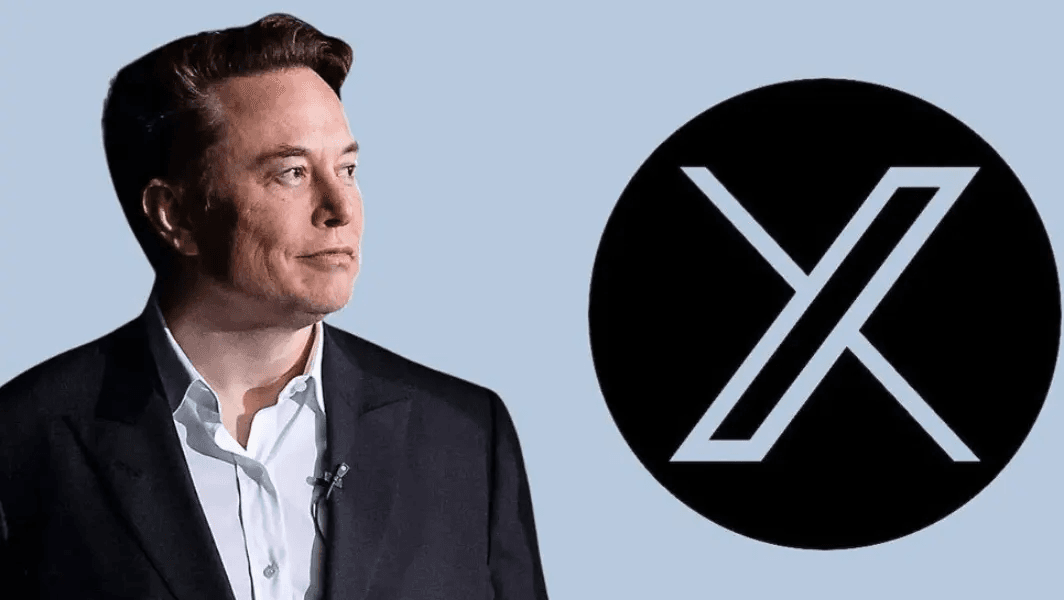
Elon Musk’s X Sues Indian Government Over Alleged Censorship and IT Act Violations
Free speech, platform rights, and constitutional legality at center of legal battle
In a landmark legal development, Elon Musk’s social media platform X (formerly Twitter) has filed a lawsuit against the Union Government of India, alleging unconstitutional censorship orders and violations of the Information Technology (IT) Act. The case has reignited debate on the freedom of speech, government overreach, and the legal limits of content regulation under Indian law.
Background: The Legal Dispute Explained
According to legal documents and sources familiar with the case, the dispute arises from a series of government takedown orders issued under Section 69A of the IT Act, 2000, which empowers the Indian government to block online content in the interest of sovereignty, public order, or national security.
X contends that many of these directives lack transparency, are politically motivated, and violate the constitutional rights to free speech and expression under Article 19(1)(a) of the Indian Constitution. The platform has taken a firm legal stance, asserting that it cannot be forced to arbitrarily censor content without due process of law.
The Legal Grounds of the Lawsuit
Lawyers representing X argue that:
-
The takedown orders lack proper judicial oversight
-
Users are not given the opportunity to contest the censorship
-
The IT Rules, 2021, which supplement the IT Act, impose onerous obligations on intermediaries, infringing on their rights
-
The government’s directives exceed the legal scope of Section 69A
What Lawyers Are Saying
Prominent technology and media lawyers in India have weighed in on the issue. Many highlight the lack of transparency and accountability in how censorship orders are implemented.
Global Implications and Free Speech Concerns
This legal battle is not just an Indian issue—it touches upon global digital governance, particularly as tech giants face increasing regulatory pressure across jurisdictions. Elon Musk has been vocal about promoting freedom of expression, often positioning X as a platform for open dialogue.
This lawsuit could determine whether international platforms operating in India must comply blindly with government censorship orders, or whether constitutional law will prevail in safeguarding user rights and digital freedom.
Key Legal Points:
-
Section 69A of the IT Act is the primary legal tool for content blocking
-
IT Rules, 2021 require platforms to remove flagged content swiftly and appoint grievance officers
-
The lawsuit challenges executive discretion without judicial oversight
-
Raises questions about platform liability, freedom of the press, and data privacy laws
The Road Ahead
The case is currently pending before the High Court, with X seeking a stay on all takedown orders that allegedly breach constitutional and legal standards. The outcome will have significant implications for technology law, digital policy, and intermediary liability in India.
As the legal battle unfolds, all eyes remain on how India’s judiciary will interpret the tension between national security and constitutional freedoms in the digital age
For any enquiries or information, contact info@thelawreporters.com or call us on +971 52 644 3004. Follow The Law Reporters on WhatsApp Channels